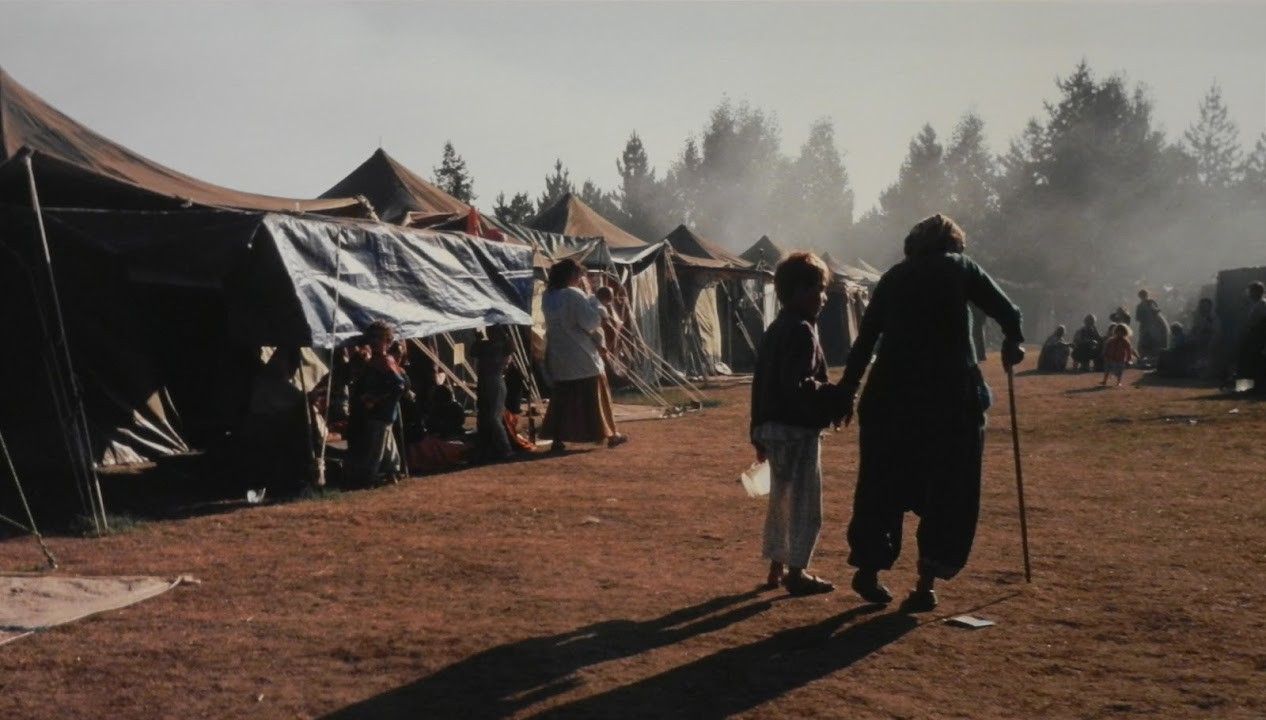Twenty-five years ago, in August 1999, Murat Haliti and his family fled their home in Prizren, Kosovo, to escape Albanian attacks. Since then Murat, his wife and children have been refugees, first in Macedonia and later in Denmark, where they now live. Murat Haliti is the executive director of the National Roma Organisation “Chachipe” (Rom. for “truth”) in Denmark and is trying to raise the issue of Kosovo Roma as a part of a broader coalition of NGOs in the EU but… nobody wants to listen to them.
The fate of the Kosovo Roma has never been popular in Europe. Unlike other persecuted national groups outside Europe who attract public sympathy because of their armed resistance in line with Western notions of justified violence, heroism and martyrdom, the Roma do not fight back, and are therefore not so attractive. What Malcolm X said about ‘American Negroes’ in the 1960s applies to ‘European Gypsies’ today – they ‘suffer peacefully’. This is the Gayatri Spivak’s “Subaltern” who cannot speak and even if he wants to speak nobody listens to him. It is because Roma people refuse to speak the language of violence – it is not part of the Roma culture – but they are surrounded by nations with extremely violent history of wars, conquests and atrocities.
The image of the suffering Jesus with the crown of thorns, silently atoning for the sins of humanity, seems more appealing to many Roma than the image of the warlike Mohammed uniting the Arab tribes into a unitary state. This probably explains the successful adaptation of the Roma to Western civilization, where they find a low but secure place in the social hierarchy as musicians, artisans, servants and wage laborers, despite all the persecution they were subjected to. Most Roma are not interested in war and politics but have recently shown an increasing interest in religion, especially evangelical Christianity, which is an interesting phenomenon amidst the general decline of religion in the Western world. This is a matter of freedom of choice, which should be respected, but there is something paradoxical in the whole situation.
The Jew was once hated in Christian Europe as a “Jesus-killer,” while the Gypsy in post-Christian Europe may find himself hated because he wants to be Jesus. He wants to sacrifice himself, believing that his noble deeds will move someone in these increasingly competitive, individualistic and materialistic societies. Even the messages of the new “progressive” Roma elites are along the same lines: Sacrifice yourself for the sake of any other nation – Ukrainian, Russian, Hungarian, Slovak – but don’t even think about sacrificing yourself for your own Roma nation, as it simply does not exist. How much do you have to hate yourself to produce such message?
The task of the Roma is to save other nations from extinction, even at the cost of his own extinction. The spirit of self-hatred, self-denial and self-destruction has captured the souls of so many assimilated Roma who have grown up cut off from their roots and alienated from their community.
If this is the background of many of the people perceived as some kind of Roma elite today, we cannot expect the Roma in Ukraine and Russia to learn the lessons of Yugoslavia. These Roma elites in Europe failed to analyze, interpret and transmit these lessons in the appropriate way. They like the idea of peaceful suffering more than the idea of Roma resistance.
How Kosovo refugee Murat Haliti perceives the current crisis in the Roma movement 25 years after the Kosovo crisis and how he accepts the messages of peaceful suffering and sacrifice for the sake of someone else’s cause, we will find out in the next article.
![]()
Discover more from EU Romapress
Subscribe to get the latest posts sent to your email.


